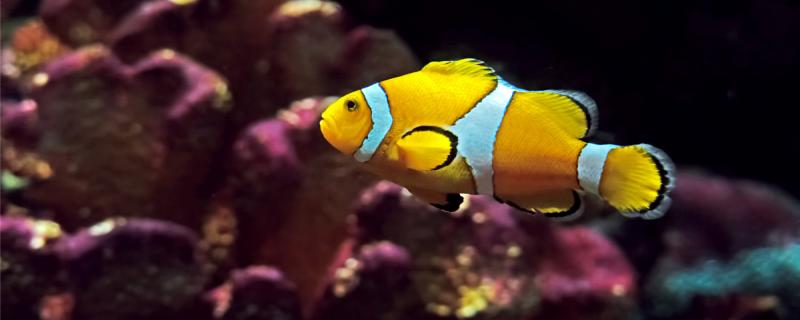 1. Why are clownfish not afraid of the poison of anemones
1. Why are clownfish not afraid of the poison of anemones The clownfish are not afraid of the poison of anemones mainly because there is a layer of mucus on the surface of anemones, which can neutralize the toxins produced by anemone cells penetrating into the body and inhibit the ejection of stinging cells, and clownfish also takes advantage of this feature. Juvenile clownfish will find a suitable anemone to live in through their own sense of smell and sight. They will approach the anemone carefully and spread the mucus on the surface of the anemone all over their bodies little by little, so that clownfish can accompany the anemone.
2. Can clownfish be raised with anemonesClownfish can be raised with anemones, and when raising clownfish, the same number of anemones as clownfish must be raised at the bottom of the fish tank. Clownfish are accompanied by sea anemones, which have poisonous stingers on their surfaces and can be used as shelters for clownfish to protect them from other creatures.
Clownfish feed on food residues digested by anemones, and sometimes clean up soil and parasites in their bodies for anemones. Sometimes clownfish also act as bait for anemones to prey on other creatures. Clownfish is a kind of tropical marine fish, which likes to inhabit coral reefs and rocks. In its infancy, clownfish usually coexist with anemones, sea urchins or small coral tops. Because clownfish and anemones can coexist, clownfish is also called anemone fish.